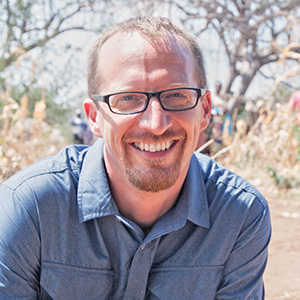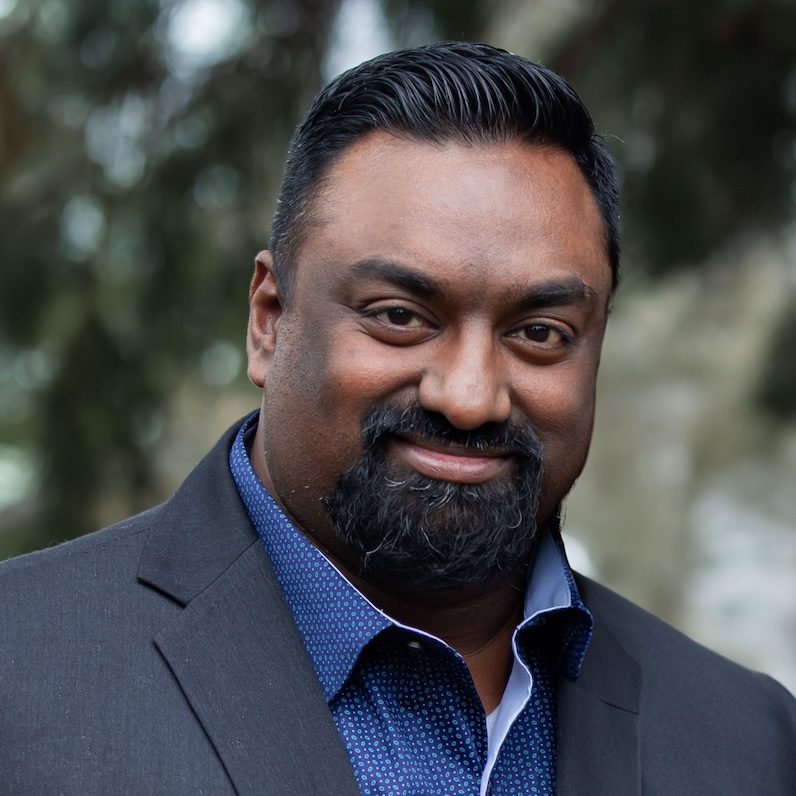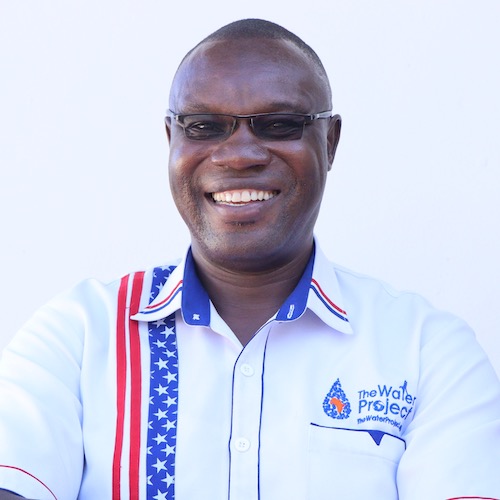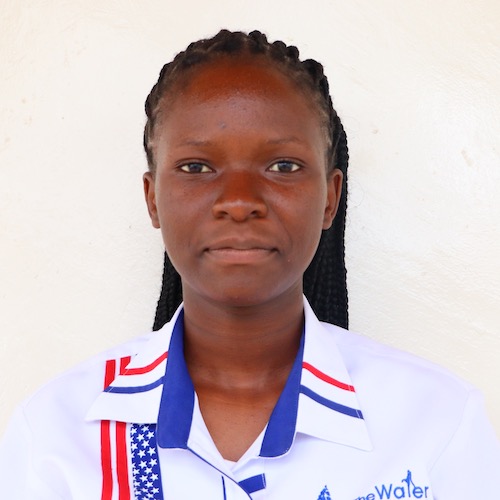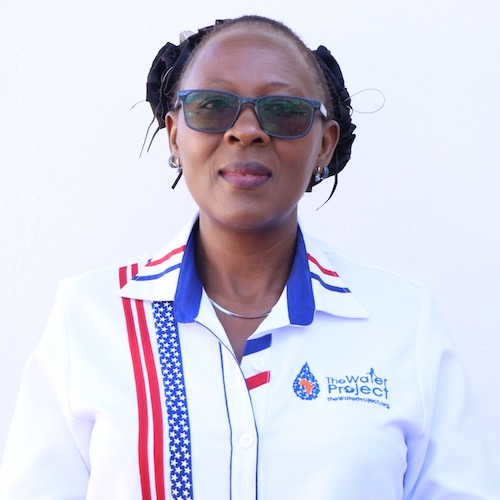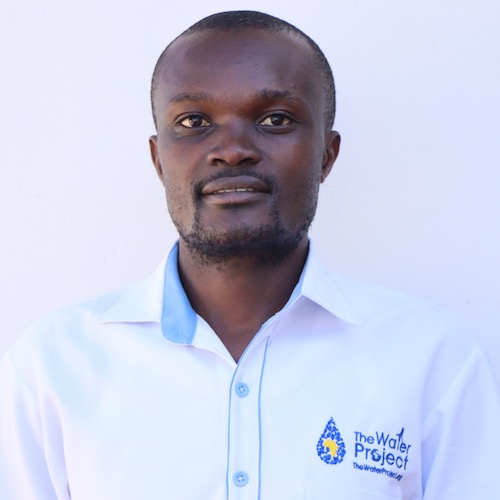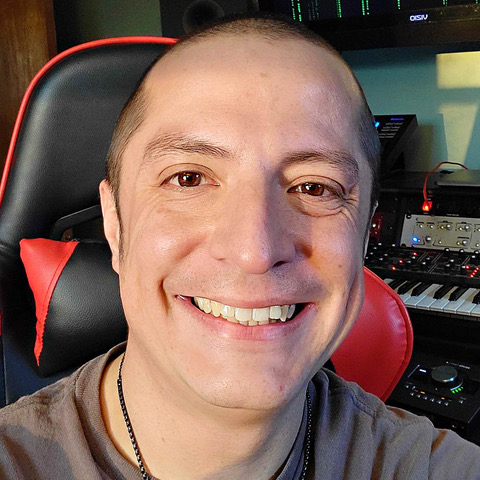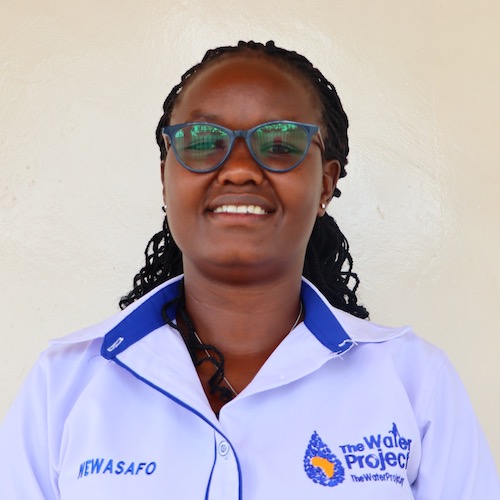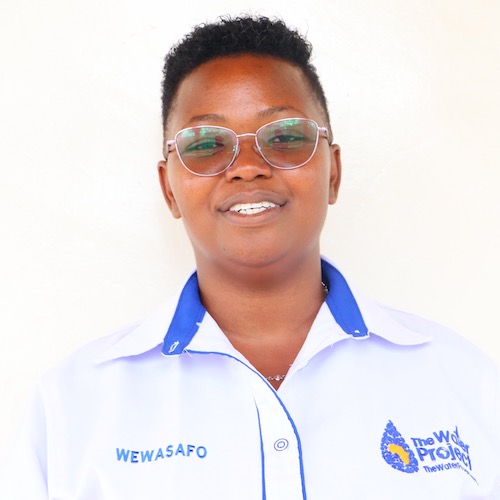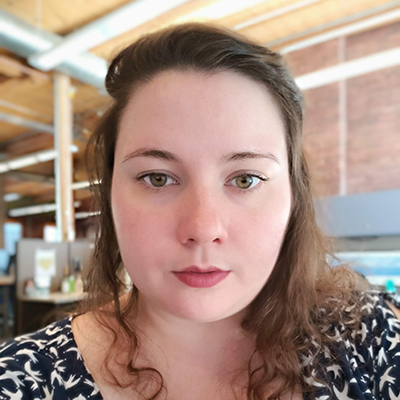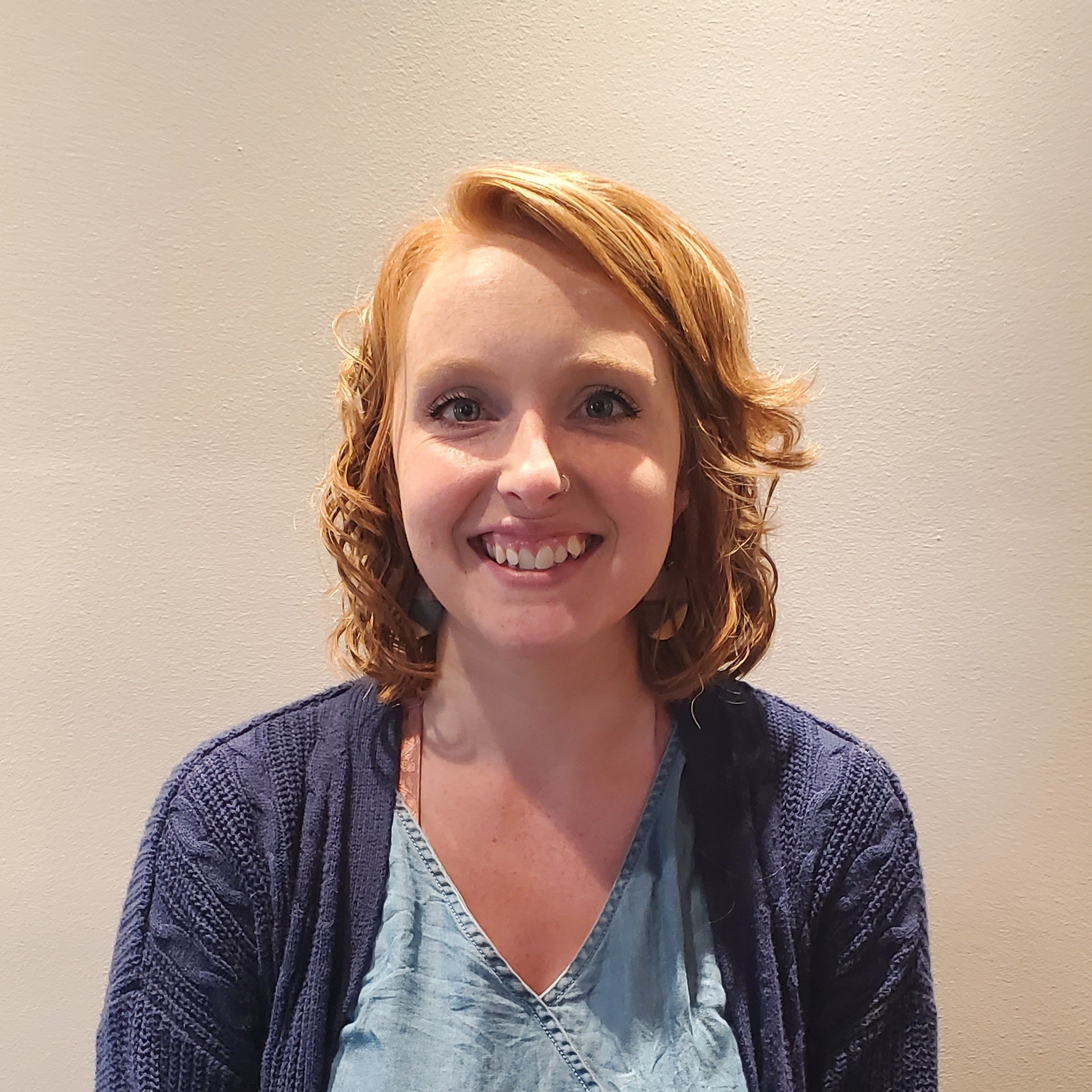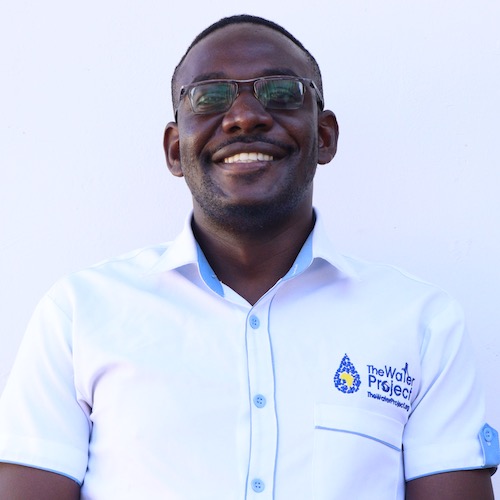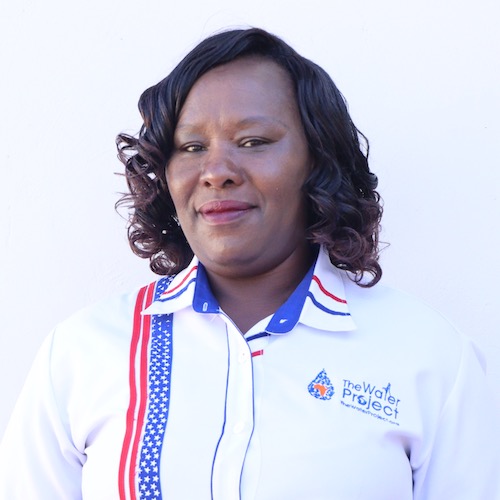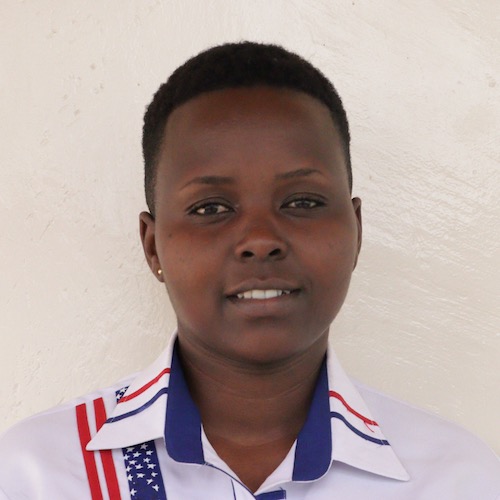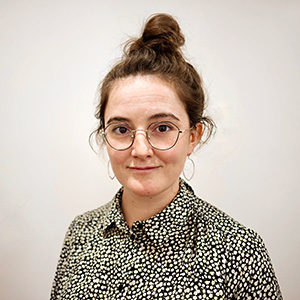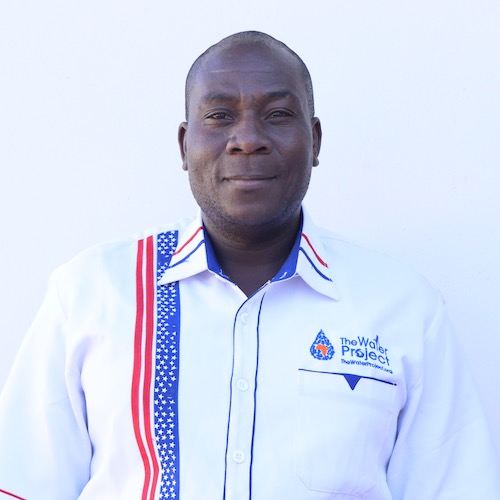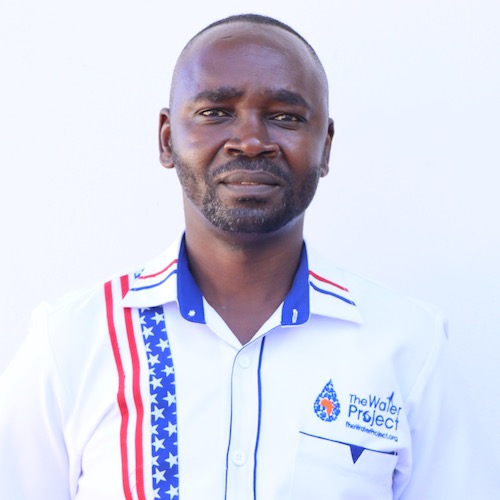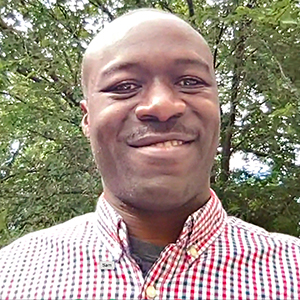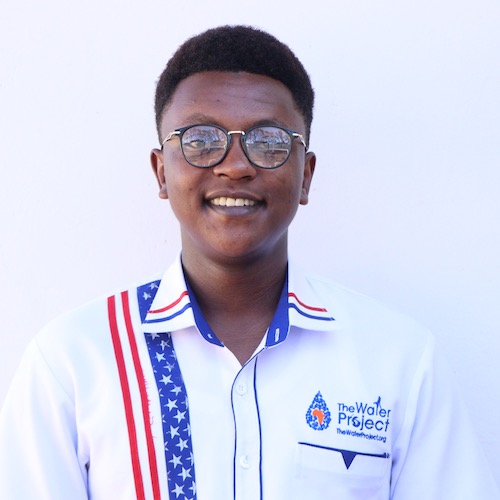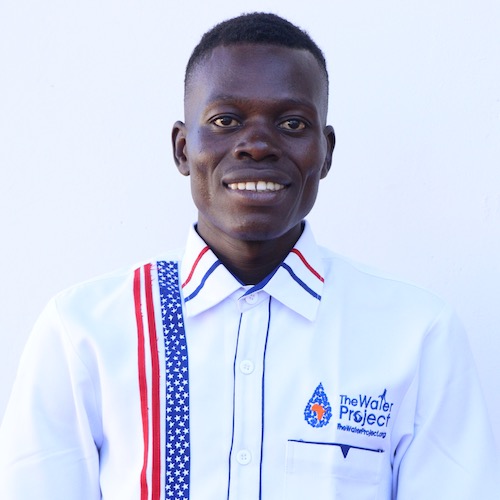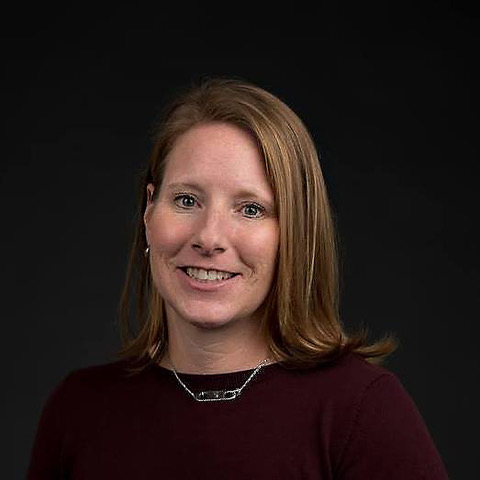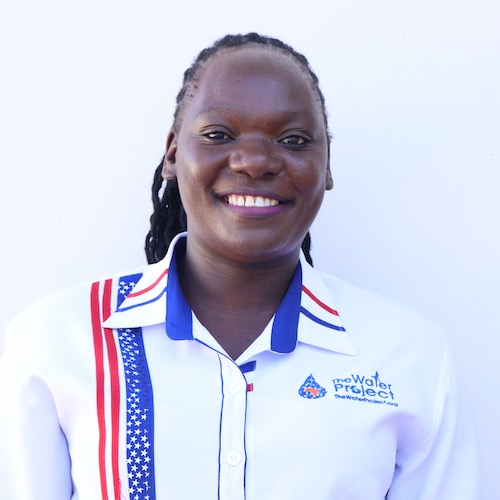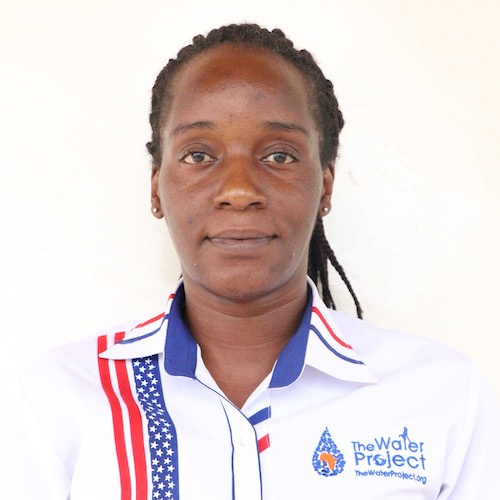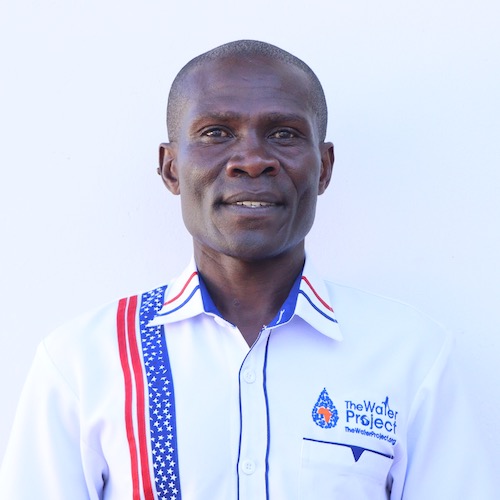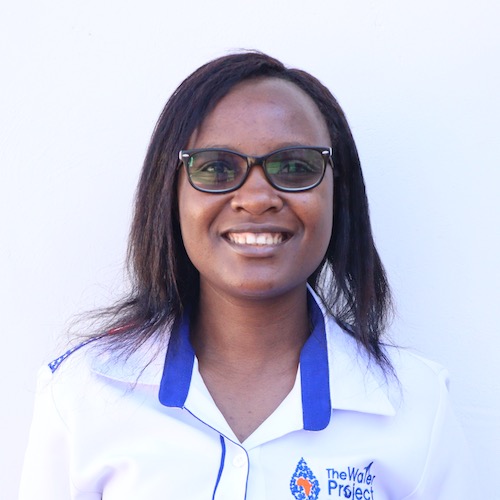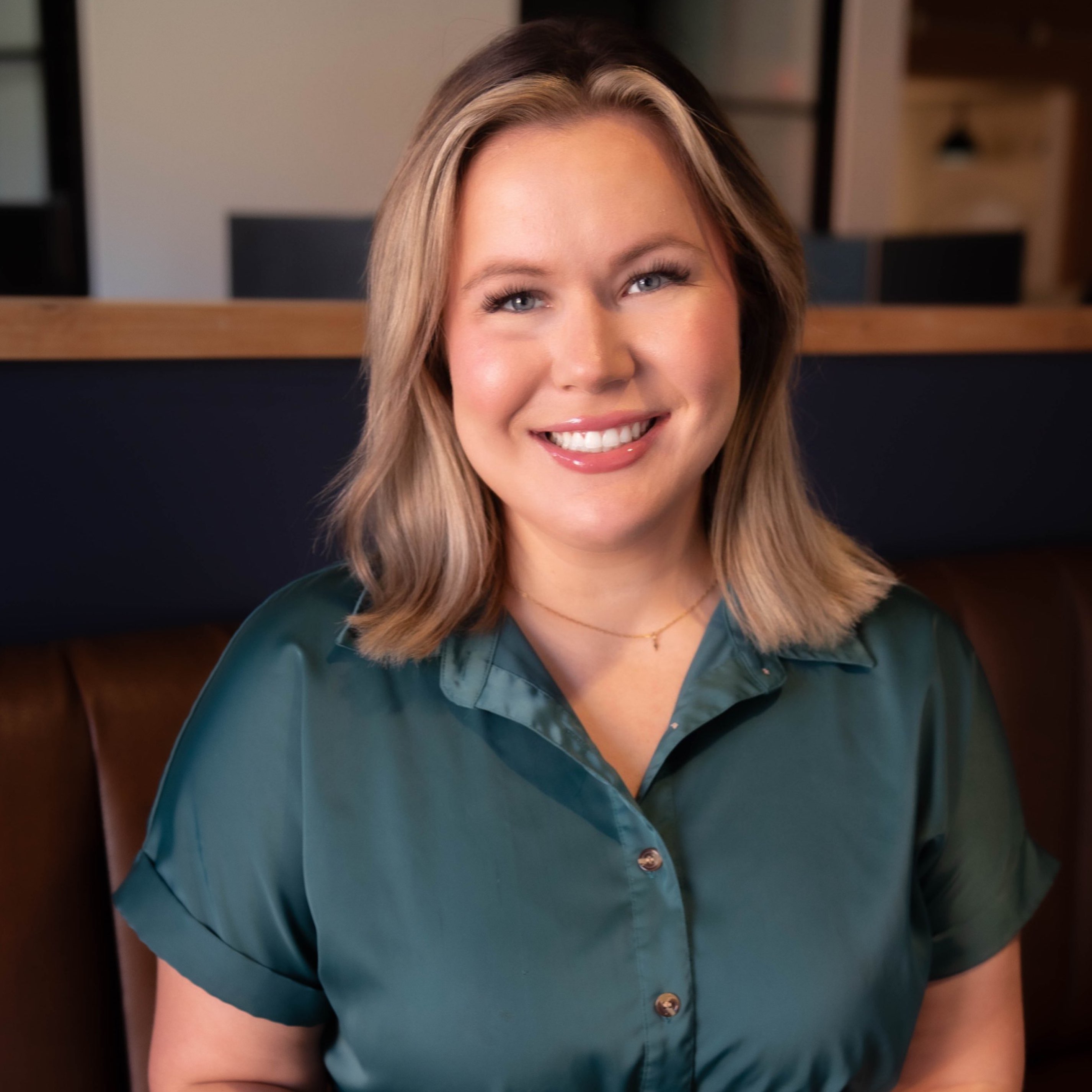
Spencer Bogle, Director of Program
I have a passion for developing relational models of justice and charity around one of the common necessities for human life: water. No life exists without water. Clean water access and distribution is a currency that reveals the basic tenets of political and economic systems. As a currency that all people need to survive, it reveals the areas where our global economies succeed and fail at affirming human dignity and value.
My desire to join the ranks of those working to eliminate the global water crisis began in Kirongo village in the Busoga region of Uganda in 2005. At the time, I was working with a network of churches in the region. While staying with one of the ministers of the local church for a week of learning, teaching, and training, I witnessed firsthand the burden of clean water access for the millions in East Africa who lack it. My gracious host would wake at 5 am each morning, load up 20-liter jerry cans to his bike, travel to the closest protected water point, wait in line, fill the containers, fasten them back to the bike, and then start the journey back to his home with a day’s worth of water for his family. The entire process took almost two hours. Every. Day.
At the time I was no stranger to the challenges of water access in Uganda. My wife is a nurse and was working in community health at the time. We often heard that clean water access provided the quickest route to improved health for rural communities in Uganda. However, seeing and experiencing the challenges moved me to action. Our team collected some non-earmarked funds and contracted a driller to install a well in the village. My communication with the drilling company was impeccable, and my communication with the community was disastrous.
I perceived the problem as a water access problem and sought to solve it through a unilateral agreement with the landowner near the church property where the well was to be installed. I failed to work through the existing local structures and I failed to negotiate clear lines of ownership and responsibility. Within six months the well was broken and the community was frustrated. Unfortunately, this is the case even today with up to 40% of boreholes in sub-Saharan Africa - hardware installed but not maintained. Fortunately, it is the beginning and not the end of my story.
I consulted a local Ugandan led water development team that had been working in the Busoga region for over twenty years. This team introduced me to a regionally focused strategic sustainable water development plan that established clear lines of ownership and responsibility, and also educated community members on sources of contamination from collection at a public water point to consumption. What I initially perceived as a simple issue of water access I came to understand as a complex network of relationships involving ownership, responsibility, and investment. I witnessed the power of local leaders who had developed a systems-level intervention that included coordination with village leaders and committees, local government officials, and other regional NGOs.
This experience set me on a journey of inquiry, research, problem-solving, team building, collaboration, reporting, and advocacy that has spanned over 15 years, two organizations, and a doctoral degree. The destination of this journey, however, has never been a degree or a position, but reliable water access for more of the 2.2 billion people that lack safely managed water. My experience and education have taught me that the politics of ownership, decision making, and responsibility necessary to access clean water and sanitation on a community level extend to global networks of power. Water is a defining mark of relationship, and the nature of relationship is revealed by who benefits as water is shared, sold, or redirected.
My doctoral research takes a hard look at the power dynamics at the heart of developing relationships. I believe that the Christian tradition holds important resources for defining human development, particularly through the way we work charity and justice marked by mutual flourishing in contrast to an imperial desire marked by domination. My research has informed my method. I believe in beginning with specific, verifiable threats to human flourishing, and developing networks of relationships built on a common vision that benefits all involved by addressing specific problems in specific contexts. In other words, a community where people are gathering water from an unprotected spring is a perfect place to start.
From the perspective of the thirsty, the most charitable action is one that restores broken relationships and systems fractured from mistrust due to human disregard, devaluation, and domination.
I have seen the impacts of the water crisis while walking with friends to gather a day’s worth of water in Uganda, and also while coordinating with leaders as the director of a global organization. My concern is that, on a large scale, the water is not trickling down to those who need it most as planned. My concern is that the needle on our metrics identifying those who continue to lack access to clean water and sanitation resources is not moving according to the timelines and benchmarks that have been set. We still have work to do in identifying and addressing root causes of the crisis. However, I continue to find hope in the progress we are seeing when we start small- with names and faces of community members, school administrators, and students, and as we build networks that include health and government officials, other NGOs with common vision, and people around the world with a passion for sharing good news in the form of a glass of clean water. My hope swells because of the data we are seeing in the areas where we work and because of the testimonies we hear from schools, communities, and local leaders. The results we are seeing drive me to seek where the following questions might lead.
What happens when we reconceive the power structures, the economy, and justice and charity starting with the interests of thirsty? What happens when a Western organization looks to the expertise of leaders in Kenya, Uganda, and Sierra Leone to build networks of water access? What happens when those closest to the problem, those experiencing the greatest thirst, and those facing the greatest challenges from preventable sickness, are the ones who speak into the goals, the parameters, the timelines, and the cultural desires? What happens when Western partners acknowledge the history of political and economic domination and live into an alternative of trust built on verifiable and reliable work, communication, compassion, and partnership?
I am both grateful and excited to be a part of The Water Project - a network of people from all around the globe seeking the answers to some of these questions that push against top-down power dynamics within the WASH sector. My work at The Water Project involves co-developing program strategies, monitoring surveys, and maintenance models with local partners who are in turn coordinating with community and school leadership, local government agents, and other organizations with a common vision. We continue to build a network where success is measured not by project numbers, but by people who can rely on verifiable sustainable access to clean water for years to come.
In other words, success is measured by a charitable and just redirection of reliable clean water for the thirsty.






